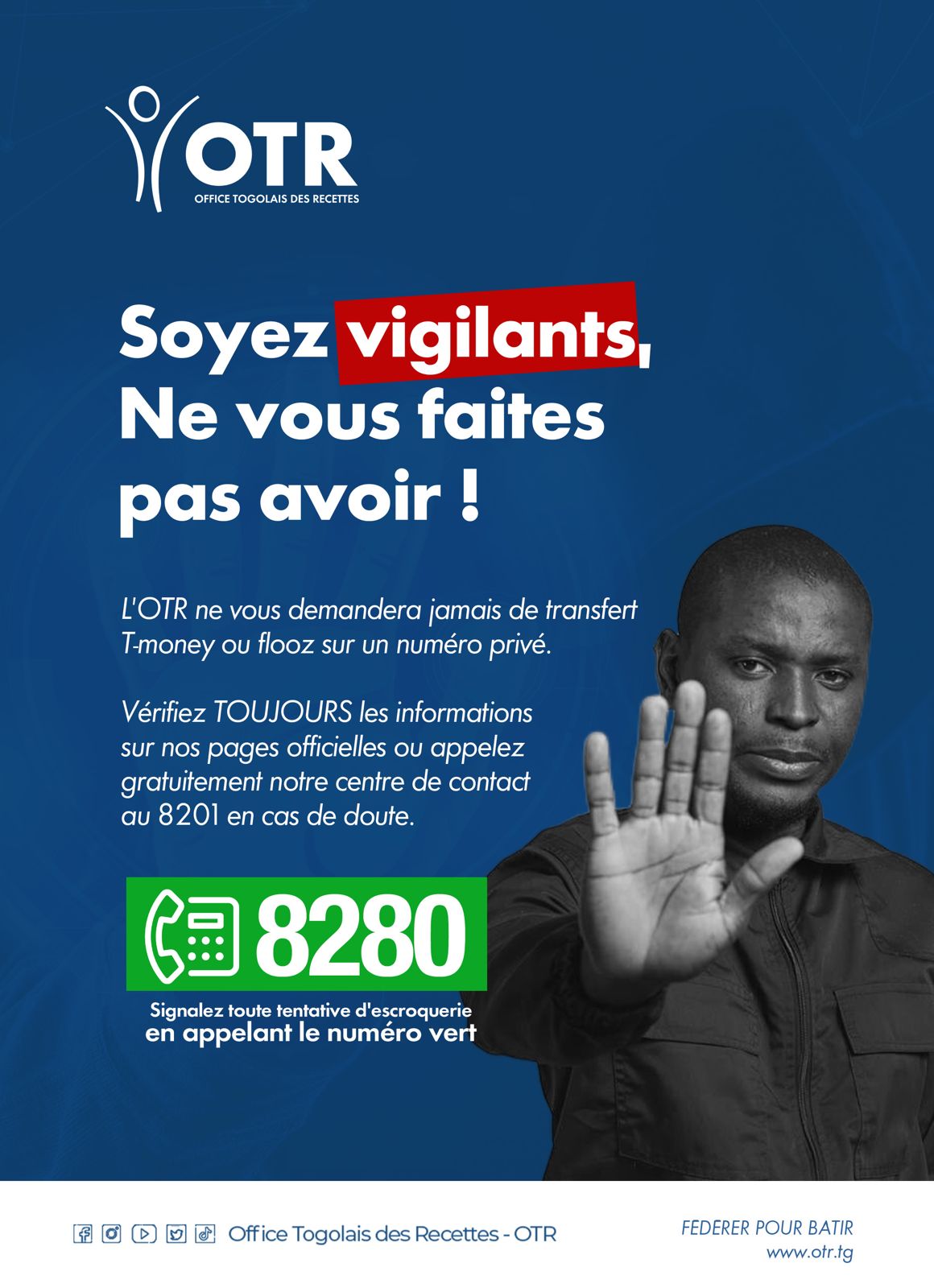Next Monday, the prefecture of Golfe (Lomé) will be the official starting point for the biometric registration campaign as part of the National Identification Program, designed to assign a Unique Identification Number (NIU) to every resident of Togo, whether citizen or foreigner.
The project, piloted by the Institut national de la statistique et des études économiques et démographiques (INSEED) with the support of the Agence nationale d'identification (ANID), is supported to the tune of $72 million by the World Bank, as part of the WURI regional program (Unique Identification for Regional Integration and Inclusion in West Africa).
The ambition is to create a national database to facilitate access to social services, improve governance and strengthen economic inclusion.
A population unaware of the project
On the ground, however, the reality is quite different. A micro-trottoir conducted in the streets of Lomé revealed a profound lack of knowledge of the project among the population. Many citizens interviewed confessed to never having heard of it. "We don't know anything about it, no one has come to explain it to us", says a visibly annoyed motorcycle cab driver. Others go even further: some see the project as an obscure maneuver. "It's another 666 story, we don't want that. We're tired of this country," says a disillusioned young man, referring to an alarmist religious interpretation.
A glaring lack of awareness
This rejection and confusion can be largely explained by a glaring lack of communication and awareness of the project. The traditional media relay little concrete information, while the authorities struggle to clearly explain the objectives and benefits of the NIU. In a climate already marked by mistrust of institutions, this silence reinforces suspicions and leaves the field open to rumors.
A tense political context
This social situation is compounded by an explosive political context. On May 3, Faure Gnassingbé, President since 2005, became President of the newly created "Council of Ministers" in a modified institutional architecture. At the same time, Jean-Lucien Savi de Tové was appointed President of the Republic in a role that has become mainly symbolic. This election was widely rejected by a large section of the population, who see this constitutional reform as a "passage en force" aimed at perpetuating a power deemed authoritarian. "They do what they want without consulting us. Even for the NIU, it's the same thing", denounces a saleswoman at Lomé's Grand Marché.
An urgent need to win back trust
In the face of this widespread mistrust, the authorities would do well to regain control of the narrative. An inclusive, transparent and participatory national awareness campaign is needed. It is essential to open up media channels - press, radio, television, social networks - to explain the ins and outs of the project in an educational way. For without popular support, even the most innovative project is doomed to failure.
The defender







